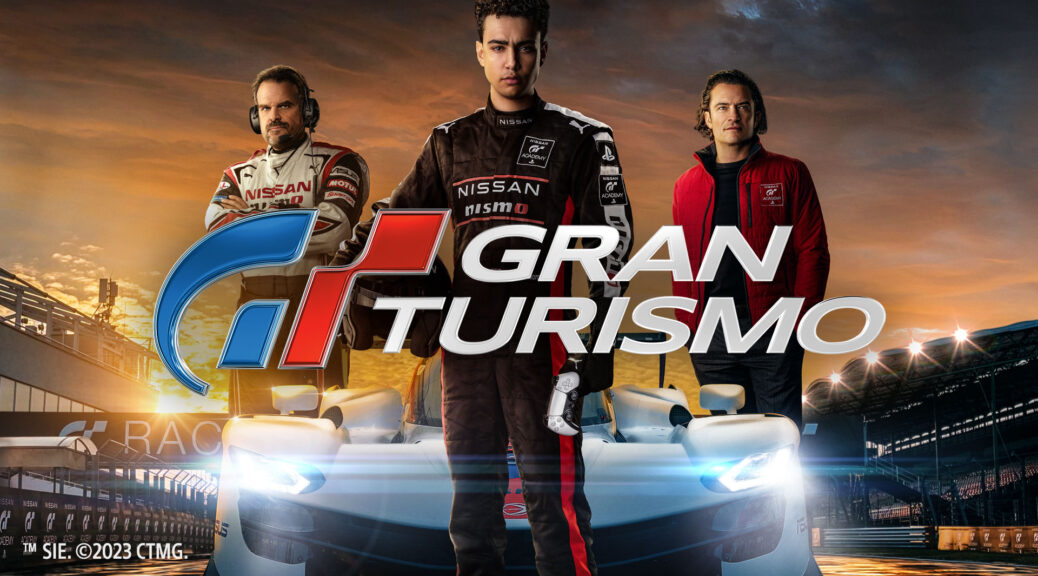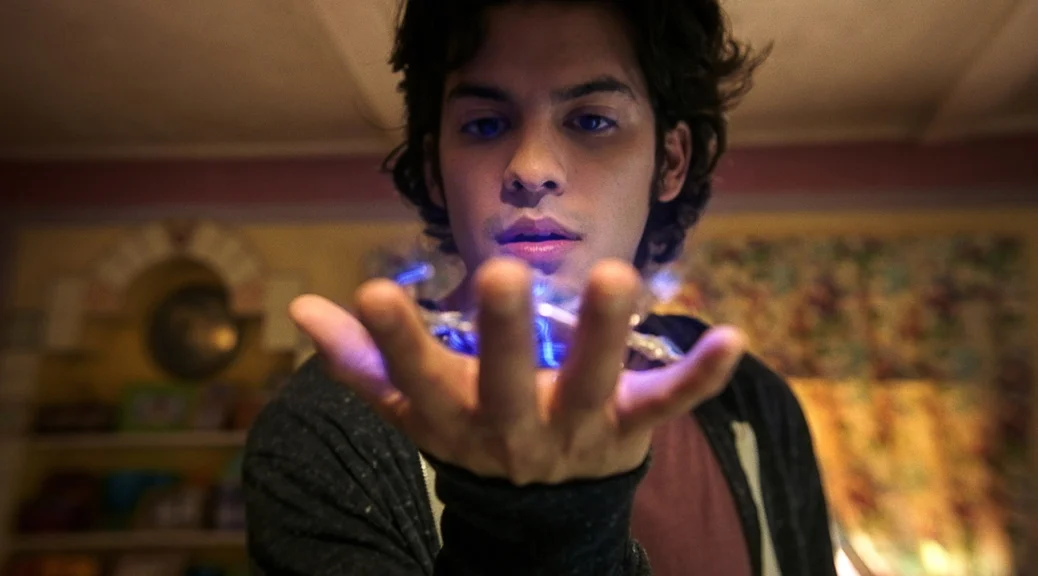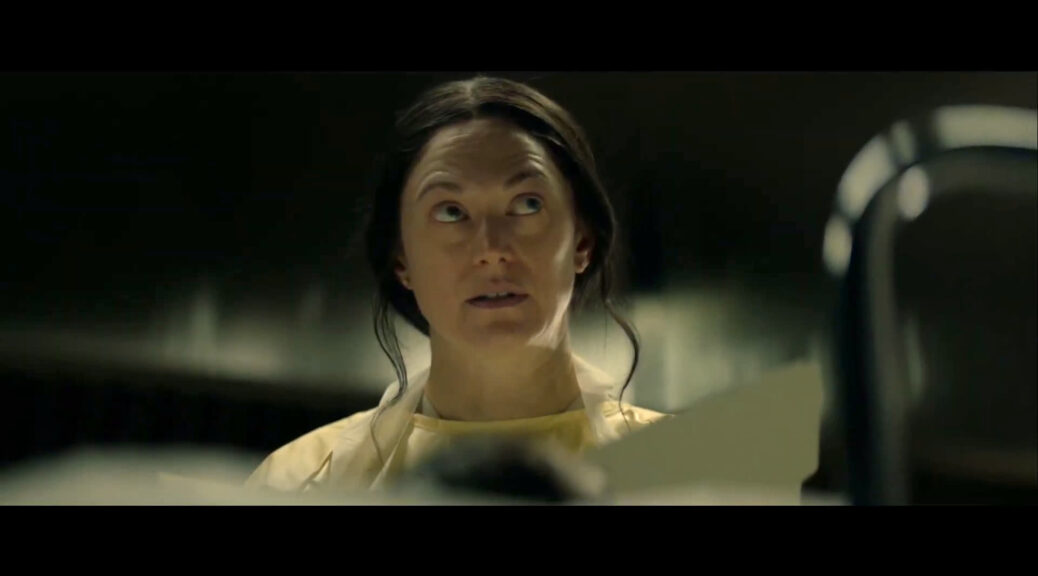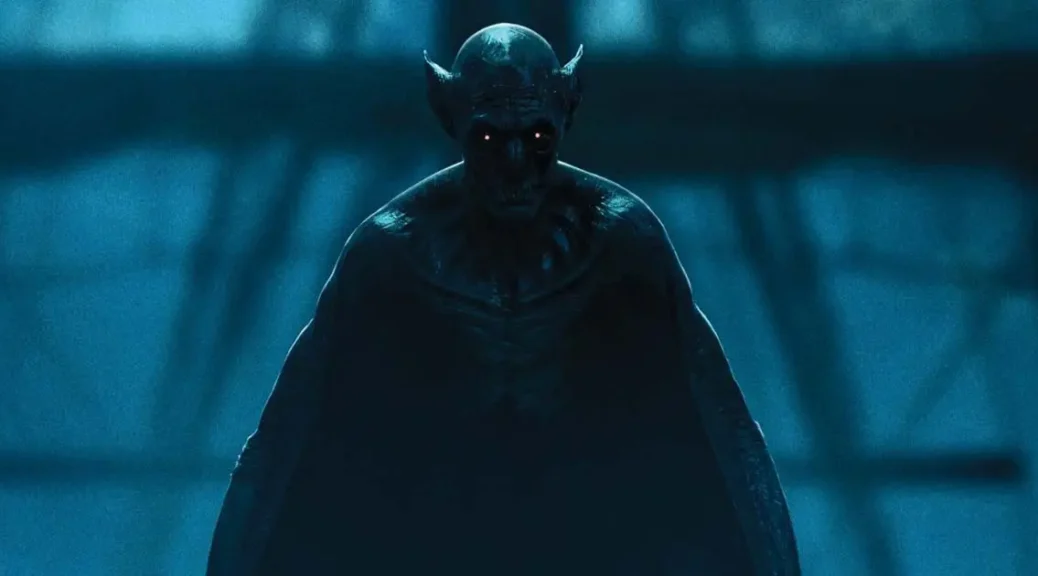Gran Turismo
by George Wolf
When I used to coach youth baseball, I would sometimes encourage the use of video games to teach the young ones about rules, game situations and strategy.
And then one day the Major Leagues called up one of my best players!
Nah, that would be crazy. Almost as crazy as the true story at the heart of Gran Turismo, a trope-laden but surprisingly engaging mix of product placements and underdog sports heroics.
Orlando Bloom is Danny Moore, a UK marketing exec for Nissan who worries that young people are caring less about driving cars and more about driving simulators, specifically Gran Turismo on PlayStation. So, Danny proposes a contest that would fuel excitement for real driving.
Find the 10 best “sim” racers in the world and send them to GT Academy boot camp. The academy champion will join Team Nismo and compete in actual races against seasoned pros who will hate them.
The fact that this actually happened to Jann Mardenborough (Archie Madekwe) in 2011 is mind-blowing, and director Neill Blomkamp (District 9) presents the racing action with an engaging fantasy/reality mix of burning rubber and game graphics that seems fitting.
Madekwe (Midsommar, Heart of Stone) gives Jann a sense of wounded determination that is easy to root for, but it’s David Harbour’s turn as no-nonsense driving instructor Jack Salter that consistently comes up a winner. Harbour’s chemistry with Bloom is antagonistic and amusing, while Jack and Jann eventually develop a bond of respect and affection that carries some warmth.
But getting there is a long 135-minute road, with some hazards.
Screenwriters Jason Hall, Zach Baylin and Alex Tse hamper Blomkamp’s foot-on-the-gas highlights with cliches, manufactured rivalries and the overwrought dramatics of Jann’s struggle to connect with his father (Djimon Hounsou). And while the constant instructions to Jann and his fellow drivers are a nicely organic way to keep the rest of us updated on the stakes, mounting distractions kill the buzz too often.
The hook here is a gamer earning his racing stripes, and the attempts at some Rocky-esque search for dignity aren’t strong enough to support it. But – much like Jann himself – when Gran Turismo is free to fully embrace what it is, the film can shine with a thrill of unexpected victory.














